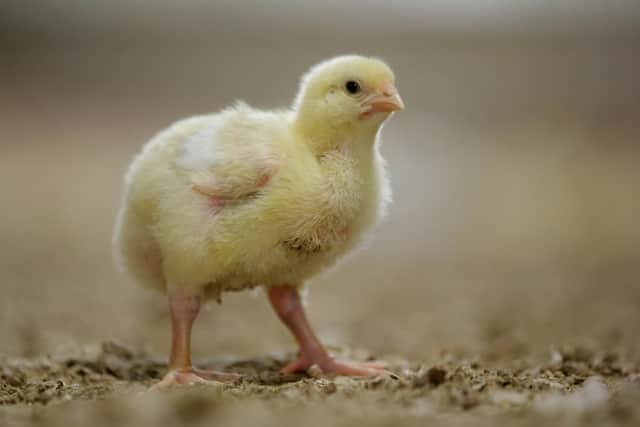Avian Influenza plays havoc with egg sector
and live on Freeview channel 276
The disease has been plaguing the British Isles continuously since 2021, with no real let up. The now dreaded migratory season brought with it a fresh wave of outbreaks last autumn with 160 cases reported since 1 October 2022. To date, NI has narrowly avoided an incursion this winter on a farm but did have one scare with a single recorded case of kept birds.
Biosecurity has never been so important, with confirmed outbreaks in the Republic of Ireland being located just over the border and most recently, a confirmed case on a laying farm in Western Scotland, literally surrounding our shores. The Ulster Farmers’ Union (UFU) continue to encourage all compliance with the housing order, especially amongst owners of backyard flocks and there is no doubt that the efforts made by all poultry owners in adhering to guidance has been a key factor in keeping the disease at bay.
Advertisement
Advertisement
A confirmed case of AI brings huge disruption for the farmer involved. Aside from the stress associated with an outbreak, the financial devastation in the absence of adequate insurance cover can be a massive risk to the farmer’s livelihood. With the widespread nature of the disease, specialist disease insurance has now become unobtainable for many producers. Significant downtime on an infected premises can be expected. Stringent disinfection procedures will mean that the farm is likely to be out of production for a minimum of six months. In some parts of England, such is the burden of disease, farms will not be restocked for unquantified periods.


Aside from the disease risk, some egg producing farms had already stepped out of production following eroded margins after the onset of the Ukraine war. The consequences of decreasing numbers of birds on farms are now being seen by end use consumers. Shoppers are seeing restrictions on quantities of eggs which can be purchased. The continual loss of laying flocks due to AI infection compound the supply issues which first came to the industry 12 months ago.
Furthermore, some major retailers still remain focused on delivering on cage free egg visions which have been made for 2025. This will further impact on the cost of supply of egg to retail shelves and in times of such austerity will not go unnoticed by the consumer.
Despite unprecedented demand, the costs which farmers face in establishing new infrastructure to expand remain extremely prohibitive. The above factors represent an interesting phenomenon whereby, supply is short, demand is steady, prices are increasing as a result and yet given the disease risk and huge financial commitment, farmers are reluctant to step in and satisfy the market requirements. Such conditions point towards turbulence in the supply chain and UFU are already aware of some processors from the mainland coming to NI to secure supply of product from the existing established producer base. Whilst a healthy competition is good for the farmer, caution must be taken. It is critical to ensure that the terms offered by any contract are suitable for the farmer as well as the processor. The UFU recommend that any contract is carefully considered, and legal advice taken before considering a seismic change in their contracted supplier.